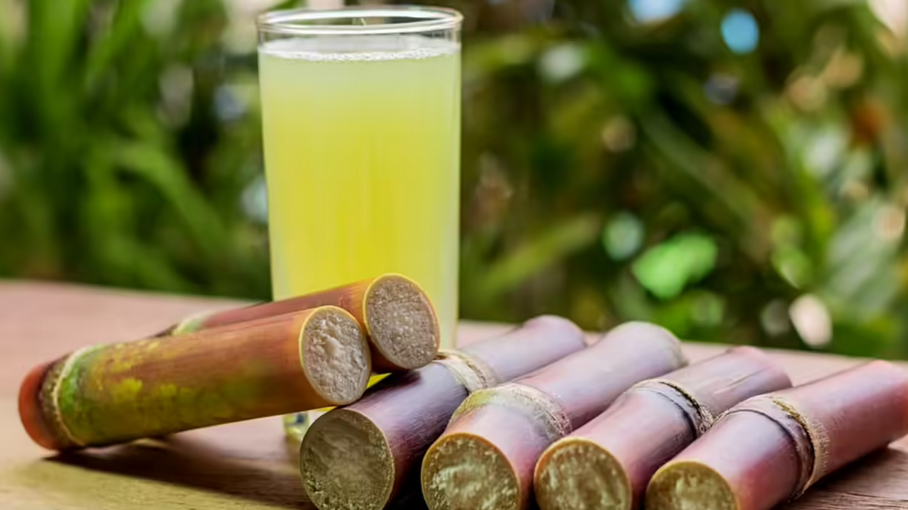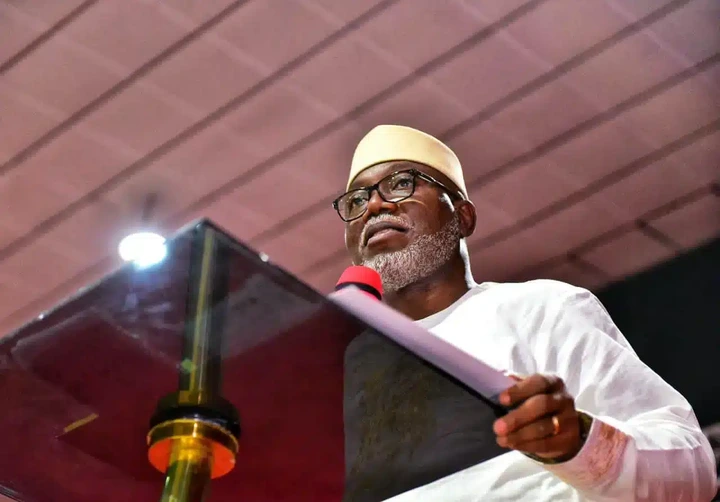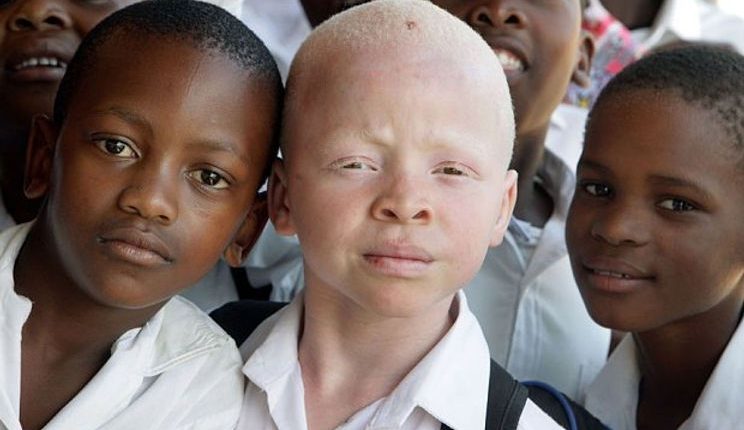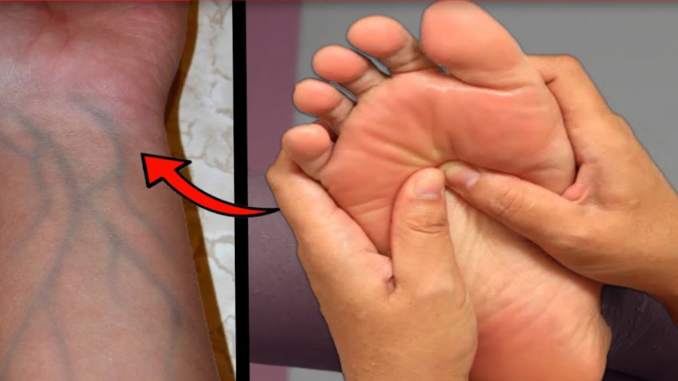Albinism is a rare genetic condition that affects people of all ethnic backgrounds.
Albinism is often misunderstood, especially in African countries like Nigeria, where stigma, myths, and misinformation continue to fuel discrimination. Meanwhile, people with albinism (PWA) simply have a reduced or absent amount of melanin pigment in their skin, hair, and eyes.
What Is Albinism?
Albinism refers to a group of inherited genetic conditions that result in little or no production of melanin, the pigment responsible for the colour of the skin, hair, and eyes. It affects people of all races and ethnic backgrounds.
There are different types of albinism, but the most common is oculocutaneous albinism (OCA), which affects the eyes, skin, and hair. Another form, ocular albinism, primarily affects the eyes. Albinism is caused by mutations in specific genes involved in melanin production.
Both parents must carry the gene mutation (often unknowingly) for their child to inherit the condition. It is an autosomal recessive condition, meaning a child must inherit a copy of the mutated gene from each parent to be born with albinism.
These mutations impair the body’s ability to produce or distribute melanin, resulting in lighter skin, hair, and eye colour, as well as associated vision problems.
Common Myths About Albinism — Debunked
Myth 1: Albinism is a curse or punishment
Albinism is a genetic condition, not a spiritual punishment. It is caused by mutations in one of several genes involved in melanin production. A child is born with albinism when both parents carry the gene, even if they don’t show any signs themselves. Curses, witchcraft, or ancestral sins do not cause it.
Myth 2: Albinos don’t eat salt
People with albinism eat salt just like everyone else. This myth likely arose from confusion around skin conditions, especially the dryness and flakiness some PWAs experience. However, there’s no scientific or medical reason why they cannot consume salt. Their dietary requirements are no different from others unless there’s a separate medical condition present.
Myth 3: Albinos cannot go under the sun
Albinos can go under the sun, but they need to take extra precautions. Due to a lack of melanin, people with albinism are more vulnerable to sunburn and skin cancer. But with protective clothing, sunglasses, and sunscreen, they can and do enjoy outdoor activities. In fact, advocacy organisations for albinos actively promote sun safety, not sun avoidance, for people with albinism.
Myth 4: People with albinism are blind
Albinos are not blind, but most have visual impairments. Due to the lack of melanin in the retina and abnormal development of the optic nerve pathways, PWAs often have:
Nystagmus – involuntary back-and-forth eye movement
Photophobia – sensitivity to light
Reduced visual acuity – they may be considered legally blind, but are not blind
Strabismus – crossed or “lazy” eyes (in some cases)
Many can read, write, go to school, and work, with or without visual aids, depending on severity.
Myth 5: Albinos bring wealth or luck when used in rituals
This is a dangerous myth with no basis in fact or science. In some African countries, particularly Tanzania and Malawi, people with albinism have been attacked or killed for their body parts, which are falsely believed to possess magical powers. This has led to widespread human rights violations. The United Nations Human Rights Council has condemned these attacks and continues to raise awareness about the need to protect people with albinism.
Can Albinism Be Avoided or “Cured”?
No, albinism cannot be avoided in natural conception unless genetic screening is done, and even then, it’s not typically considered a “disease” to prevent. It is not caused by diet, lifestyle, or spiritual behaviour. There is no cure, but individuals with albinism can live full and healthy lives with proper care like:
Vision support and aids
Sunscreen and sun-protective clothing
Regular skin checks
Inclusive education and social support
In conclusion, people with albinism are not “mystical” or “cursed”, they are human beings born with a genetic difference. What they need is understanding, support, and protection, not stigma or isolation.

 Entertainment4 months ago
Entertainment4 months ago
 Politics4 months ago
Politics4 months ago
 Breaking News5 months ago
Breaking News5 months ago
 Breaking News6 months ago
Breaking News6 months ago
 Breaking News5 months ago
Breaking News5 months ago
 Breaking News6 months ago
Breaking News6 months ago
 Breaking News6 months ago
Breaking News6 months ago
 Breaking News6 months ago
Breaking News6 months ago


